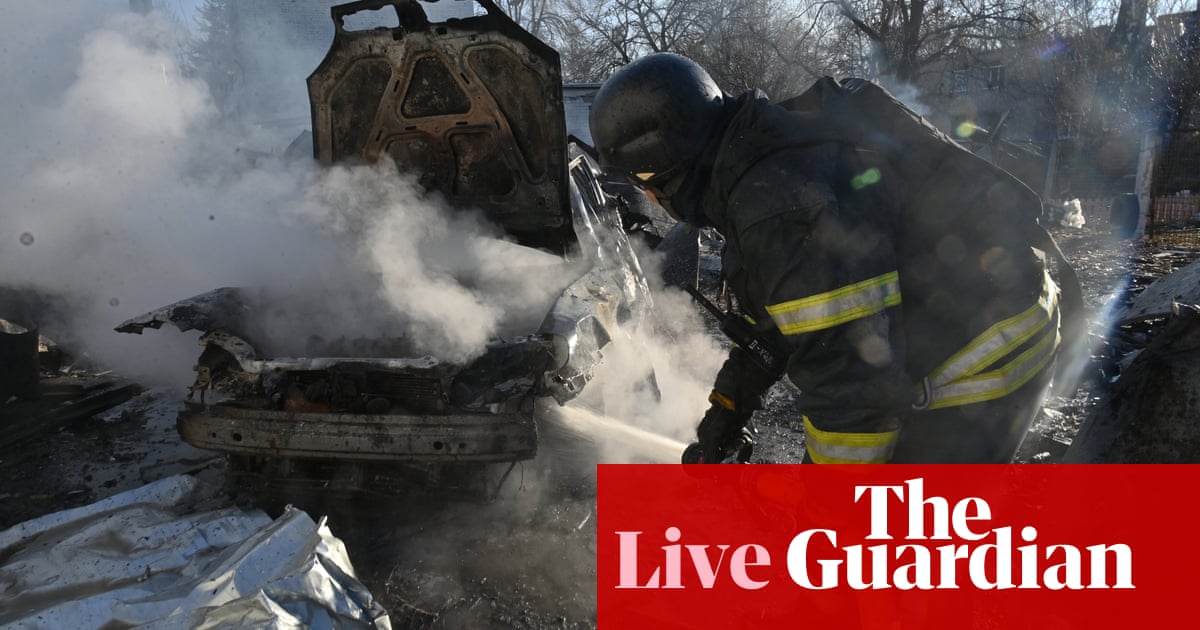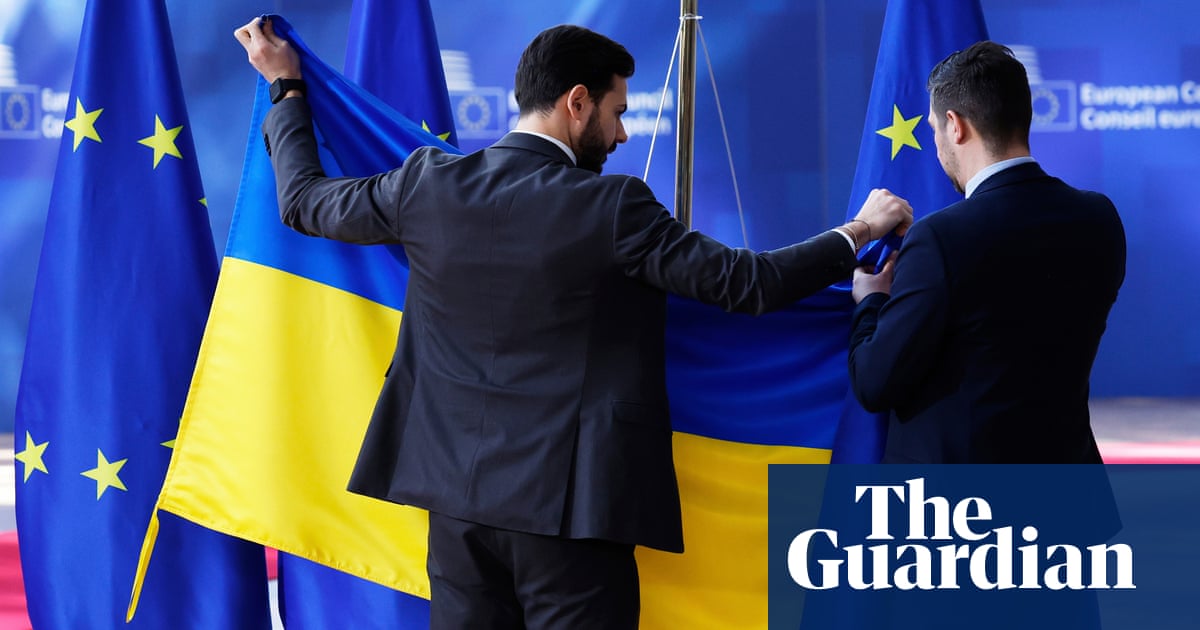EU backs ‘vital’ Holocaust research infrastructure – Research Professional News

Image: ewg3D, via Getty Images
Legal status will boost cutting-edge research and help combat denial and antisemitism, Commission says
An infrastructure for research into the Holocaust has been allocated an EU legal status to facilitate its operations, with the expectation that it will play a “vital role” in future work on the murder of six million Jewish people by the Nazis.
The European Commission announced on 20 January that it had bestowed European Research Infrastructure Consortium status on the European Holocaust Research Infrastructure, which since 2010 has enabled research by pulling together and providing access to source materials.
“This recognition highlights EHRI’s vital role in safeguarding the historical record of the Holocaust and its ongoing relevance to modern society,” the Commission said. It added that the move “marks a significant step forward in EHRI’s mission to bridge the gaps between dispersed archival materials across Europe and beyond”.
Global benchmark
According to the Commission, with the help of the new legal status the infrastructure “will foster cutting-edge research in Holocaust studies and related fields, establishing itself as a global benchmark and cultivating national centres of excellence”. It said the EHRI will “pioneer innovative methodologies, educate the next generation of specialists and champion open and unrestricted access to extensive datasets”.
In doing so, it “will play a vital role in preserving Europe’s shared cultural heritage, ensuring the Holocaust remains a relevant and important topic for current and future generations”, the Commission said. It will also “influence key policy areas”, including combating Holocaust denial and antisemitism.
The EHRI offers a virtual observatory of materials and provides training to researchers, the Commission highlighted.
Ekaterina Zaharieva, the EU research commissioner, said she “warmly welcome[d]” the allocation of the legal status, adding that she was “confident that EHRI will continue to inspire new generations of researchers and scholars to explore the complexities of the Holocaust and its impact on European society”.
Related
Zelenskyy reiterates call for air truce after huge Russian attack…
We need Russia to stop attacks, Zelenskyy says, backing calls for truce in air, at seaUkrainian president Volodymyr Zelenskyy has responded to overnight attacks
Europe scrambles to rearm as Trump threatens security guarantees and…
CNN — European leaders have vowed to rearm the continent at historic emergency talks h
Russia launches ‘massive’ attack on Ukraine after Europe rushes to…
Ukraine's energy and gas infrastructure came "under massive missile and drone shelling" by Russia on Friday, a Ukrainian minister said."The energy and gas infra
American severance may be averted, but Europe’s leaders must fear…
With a mixture of regret, laced with incredulity, European leaders gathered in Brussels to marshal their forces for a power struggle not with Russia, but with t












